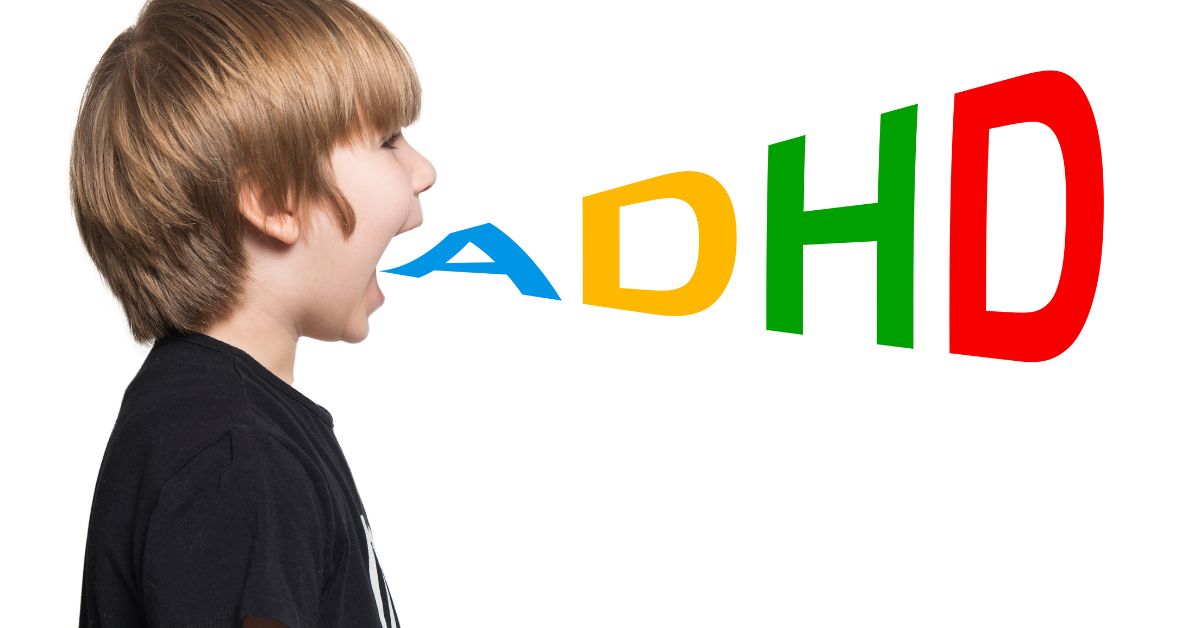In the captivating realm of TikTok and Instagram Reels, short-form videos reign supreme. These bite-sized bursts of entertainment, with their fast-paced visuals and constant novelty, have become a ubiquitous part of our digital landscape. But amidst the endless scroll, a crucial question arises: are these captivating clips impacting our children’s attention spans, and could they even be contributing to the rise of ADHD (Attention Deficit Hyperactivity Disorder)?
The Allure of the Short-Form: A Neuroscientific Exploration
The potential link between excessive screen time and attention difficulties is a growing concern, backed by emerging research. Here’s a deeper dive into the science behind the “short video effect”:
- Rapid-Fire Stimulation and the Attention Deficit Cascade: Short videos bombard viewers with a relentless stream of quick cuts, flashy visuals, and fleeting content. This constant barrage can overwhelm developing brains, making it difficult for children to focus on slower-paced activities requiring sustained attention, such as reading or classroom instruction.
- Hijacking the Reward System – The Dopamine Dilemma: The “like” button and the endlessly refreshing stream of novel content create a powerful reward system in the brain, similar to the one associated with addictive behaviors. This “dopamine rush” can make it challenging for children to stay motivated for tasks that don’t offer immediate gratification, like homework or chores.
- Attention Span Erosion: Fact or Fiction? Some studies suggest a correlation between excessive screen time and shorter attention spans. However, the cause-and-effect relationship remains under investigation. It’s possible that children with underlying attention difficulties are naturally drawn to the stimulating nature of short videos, leading to a skewed perception.
Screen Time: Separating Reality from Misdiagnosis
It’s crucial to understand that excessive screen time isn’t considered a direct cause of ADHD. ADHD is a complex neurodevelopmental disorder with underlying genetic and biological factors. However, screen time can exacerbate symptoms in children who already have ADHD:
- Amplifying Inattention: For children with ADHD, the constant stimulation of short videos can further magnify their existing struggles with focusing on a single task for an extended period.
- Fueling Hyperactivity: The rapid-fire nature of these videos can act like a stimulant for children with ADHD, making it even more difficult to sit still and concentrate.
- Misdiagnosis Concerns: Excessive screen time can mimic symptoms of ADHD, such as hyperactivity and difficulty paying attention. This highlights the importance of a thorough evaluation by a healthcare professional for accurate diagnosis.
Beyond Likes and Swipes: Cultivating Healthy Screen Habits for Thriving Minds
While the scientific understanding is evolving, fostering healthy screen habits is essential for all children, regardless of their ADHD status:
- Establishing Clear Limits: Set age-appropriate screen time guidelines and enforce them consistently. The American Academy of Pediatrics (AAP) recommends limiting screen time for children under 18 months and prioritizing high-quality content with educational value for older children.
- Prioritizing Quality Over Quantity: Opt for educational content that encourages engagement and critical thinking. Educational programs that promote storytelling, problem-solving, and interactivity are ideal choices.
- Leading by Example: Parents serve as powerful role models. Demonstrate healthy screen habits to encourage children to follow suit. Engage in screen-free activities together, like reading, playing games, or spending time outdoors.
- Offering Engaging Alternatives: Encourage physical activity, creative play, and social interaction. These activities are crucial for healthy brain development and can help children learn to focus and regulate their emotions.
Remember, Balance is Key: Embracing the Power of Choice
Screens can be valuable tools for learning and entertainment. However, finding a healthy balance is essential. By understanding the potential impact of short videos and implementing strategies for mindful screen usage, we can empower children to develop strong attention spans, critical thinking skills, and a love for learning that extends beyond the digital realm.
Additional Considerations for Parents and Educators
Individualized Approach: Children respond differently to screen time. Monitor your child’s behavior and adjust screen time limitations based on their individual needs.
- Open Communication is Key: Discuss online safety, responsible content consumption, and the importance of taking breaks from screens with your children.
- Seeking Professional Help: If you have concerns about your child’s attention span or suspect they may have ADHD, consult a healthcare professional for a comprehensive evaluation and appropriate support systems.
By promoting mindful screen use, prioritizing alternative activities, and fostering open communication, we can ensure that the digital age empowers, not hinders, the development of our children’









Be the first one to comment on this story.